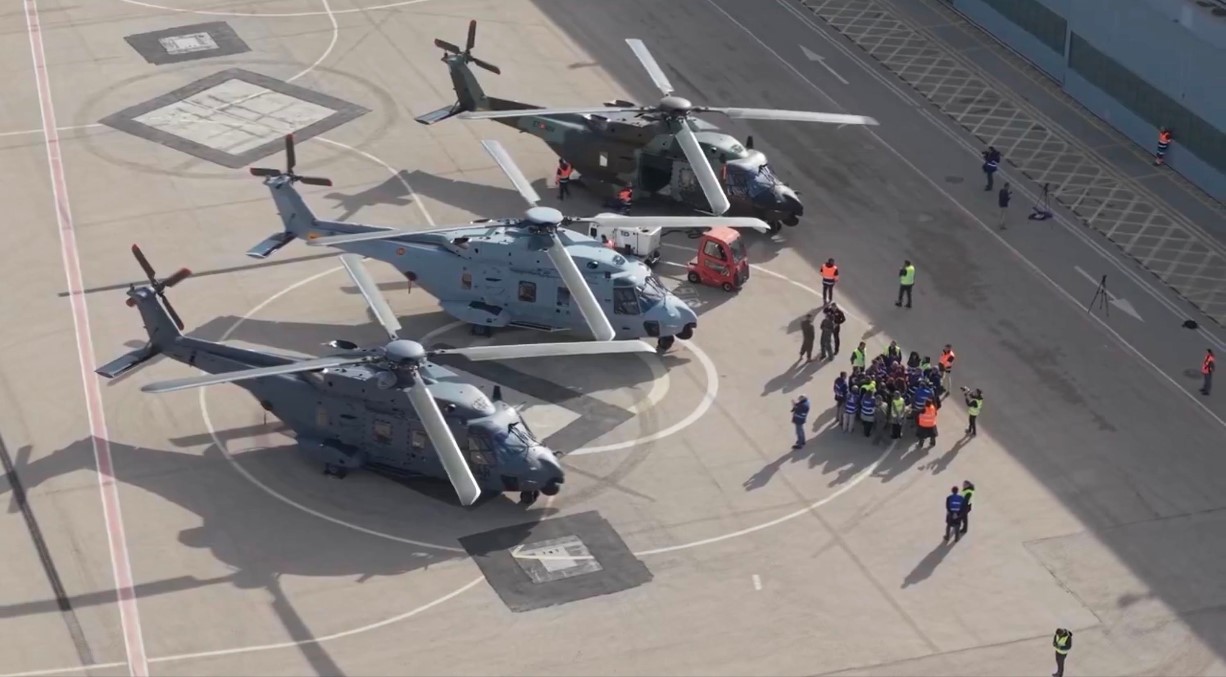China Signs Defense Pact with Maldives Amidst Geopolitical Shifts in Indian Ocean Region

Defense News ,Maldives :- In a significant geopolitical development, China and the Maldives formalized a defense cooperation agreement on Monday, aimed at strengthening bilateral ties. The agreement, signed by Maldives Defence Minister Mohamed Ghassan Maumoon and Major General Zhang Baoqun, Deputy Director of the Office for International Military Cooperation of China, signifies a deepening of military collaboration between the two nations. This move comes just weeks after Maldives President Mohamed Muizzu set a deadline for the withdrawal of the first group of Indian military personnel from the island nation.
The specifics of the defense cooperation agreement were not disclosed, adding a layer of intrigue to the unfolding dynamics in the Indian Ocean Region. The Maldivian Defense Ministry announced the agreement via its official channels, emphasizing the intent to foster "stronger bilateral ties."
Simultaneously, China extended a gesture of goodwill by gifting 12 eco-friendly ambulances to the Maldives. Chinese Ambassador to the Maldives, Wang Lixin, formally presented the ambulances in a ceremony held at the Ministry of Health. This dual approach of military collaboration and humanitarian assistance underscores China's multifaceted engagement with the Maldives.
The visit of the Chinese military delegation aligns with recent developments, including the docking of the Xiang Yang Hong 03, a technologically advanced Chinese research ship, in Maldivian ports. This visit is part of a scheduled rotation for personnel and replenishment, showcasing the strategic significance of China's presence in the region.
Interestingly, this move comes in the wake of Sri Lanka's decision to deny entry to the same Chinese research ship, citing a one-year moratorium on foreign research vessels in its waters. India had expressed concerns over Chinese research activities in the Indian Ocean Region, particularly in the context of potential military applications, including submarine operations.
China's Foreign Ministry spokesperson defended the port call in the Maldives, asserting that China's scientific research activities in the region serve peaceful purposes and contribute to global understanding of the ocean. This explanation underscores the delicate balance of geopolitical interests at play in the Indian Ocean Region.
The evolving situation in the Maldives is further complicated by the confirmation from India that its first civilian team of technical experts has arrived in the country. This team is tasked with replacing the Indian military personnel operating an advanced light helicopter, as per President Muizzu's deadline of March 10 for the withdrawal of the initial group.
President Muizzu, considered a pro-China leader, has been vocal about his intention to fulfill his election promise of evicting Indian military personnel from the Maldives. His victory over the India-friendly incumbent Ibrahim Mohamed Solih in the presidential runoff last year marked a shift in the dynamics of bilateral relations.
The Maldives, located approximately 70 nautical miles from the Indian island of Minicoy in Lakshadweep and 300 nautical miles from the mainland's western coast, holds strategic importance for India. Its proximity and position as a hub for commercial sea lanes in the Indian Ocean Region make it a key maritime neighbor for India.
Under the previous government in Male, bilateral ties, including defense and security cooperation, experienced positive momentum. However, the current government, while reviewing over 100 bilateral agreements signed with India by previous administrations, has signaled a reevaluation of its foreign policy priorities.
As the geopolitical landscape in the Indian Ocean Region undergoes transformations, the defense pact between China and the Maldives adds a new dimension to the regional power dynamics. The evolving situation warrants careful observation, especially considering the intricate balance of interests and alliances at play in this strategically vital region.


